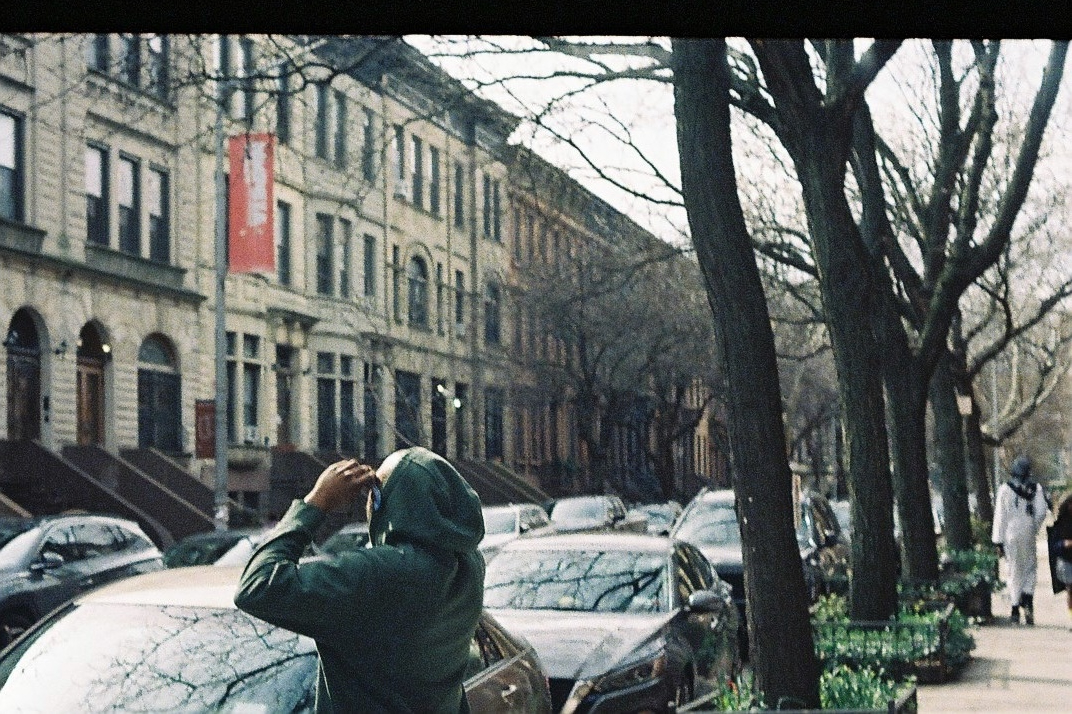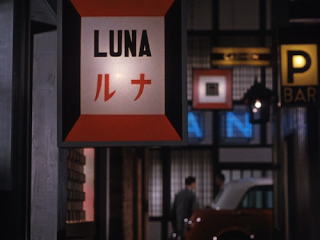"...procesos de de desclasificación [...] dejamos de ser lo que representamos y dejamos de hacer lo que nos está asignado y nos mostramos capaces de una voz y una acción que ni teníamos ni nos era legítima. [...] dejar de estar "clasificados", es decir, organizados socialmente en clases o categorías."
(Marina Garcés talking about Jacques Rancière)
this is why I always attracted to the idea of mess,
messing things up like shuffling cards around on a table,
it can be liberating and inclusive to confront these fears,
this is what my book is about, messing up public space (and this is why my book never ends),
when I was in elementary school I liked telling my classmates that my initials spelled MES,
the person who marries outside their ethnicity or economic class,
the high school student who gets accepted to an ivy league but chooses community college instead or accepts but sends his/her identical twin instead,
the straight man who majors in women and gender studies,
wearing gym clothes to an interview,
finding platonic love with a cat,
(there's always a cat)
the cereal boxes that were stocked upside down and in the wrong aisle,
the neurosurgeon who reduces his/her hours in order to take a part-time job as a migrant cropper,
the white-haired colleague who doesn't check email,
the CEO who falls in love with an incarcerated person who is physically paralyzed,
the meeting room with no tables or chairs,
the person walking on the side of the highway to get to/from the grocery store,
glitches,
typos carved in stone,
misprnounced






















































